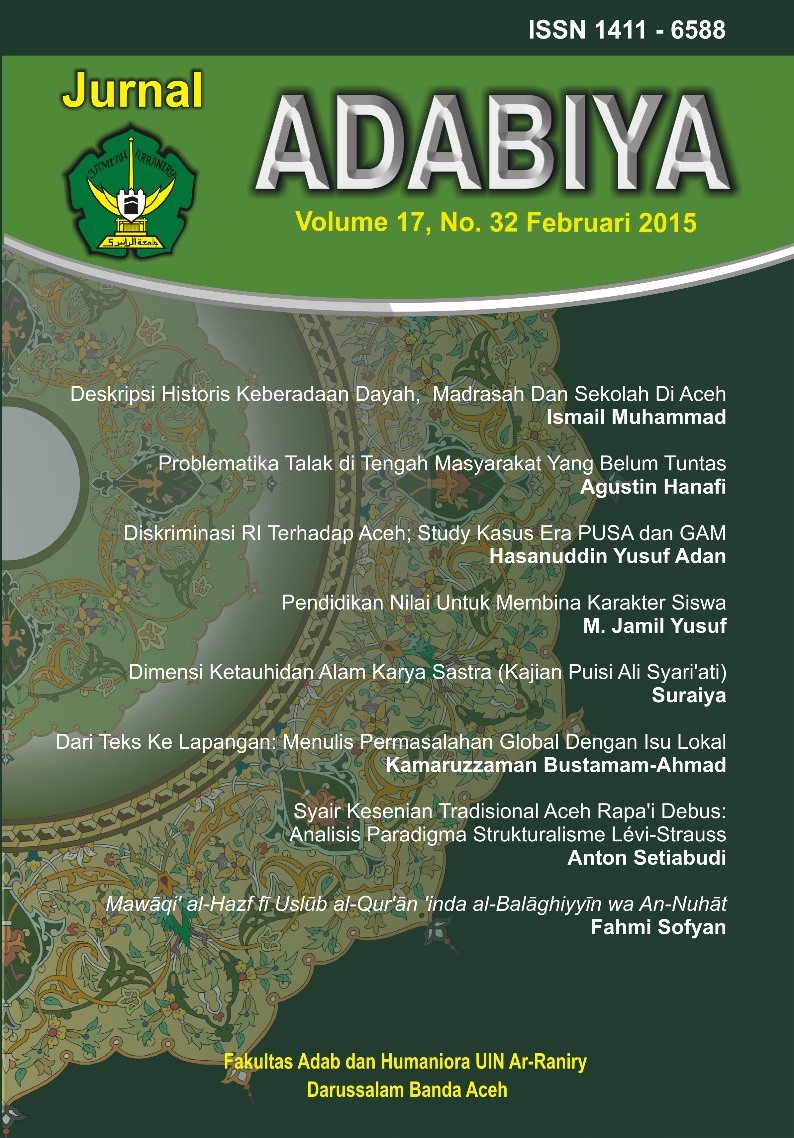References
Evans, G. Edward. 2000. Developing Library and Information Center Collections. En- glewood: Library Unlimited. Inc
Ibo, Urias. 2008. Pengembangan Kolek- si di Perpustakaan Universitas Cen- drawasih Jayapura-Papua (skripsi): Ju- rusan Ilmu Informasi dan Perpustakaan
Soeatminah. 1992. Perpustakaan, kepus- takawanan dan pustakawan. Bandung: Kanisius
Soedjono Trimo. 1998. Pengadaan dan pemili- han Bahan Pustaka. Bandung: Angkasa
Sulistyo-Basuki,. 1991. Pengantar Ilmu Perpus- takaan. Jakarta: Gramedia Pustaka Utama.
Suryana, Idris. 1983 Menseleksi Bahan Pustaka yang Tepat Guna untuk Perpustakaan Per- guruan Tinggi. Bandung: Unit Pelaksana Teknis Perpustakaan Keguruan dan Ilmu Pendidikan ( IKIP ).
Sumardji, P. 1995. Mengelola Perpustakaan.
Yogyakarta: Kanisius
Yuyu Yulia dan Janti Gristinawati Sujana. 2009. Pengembangan Koleksi. Jakarta: Univer- sitas Terbuka.



